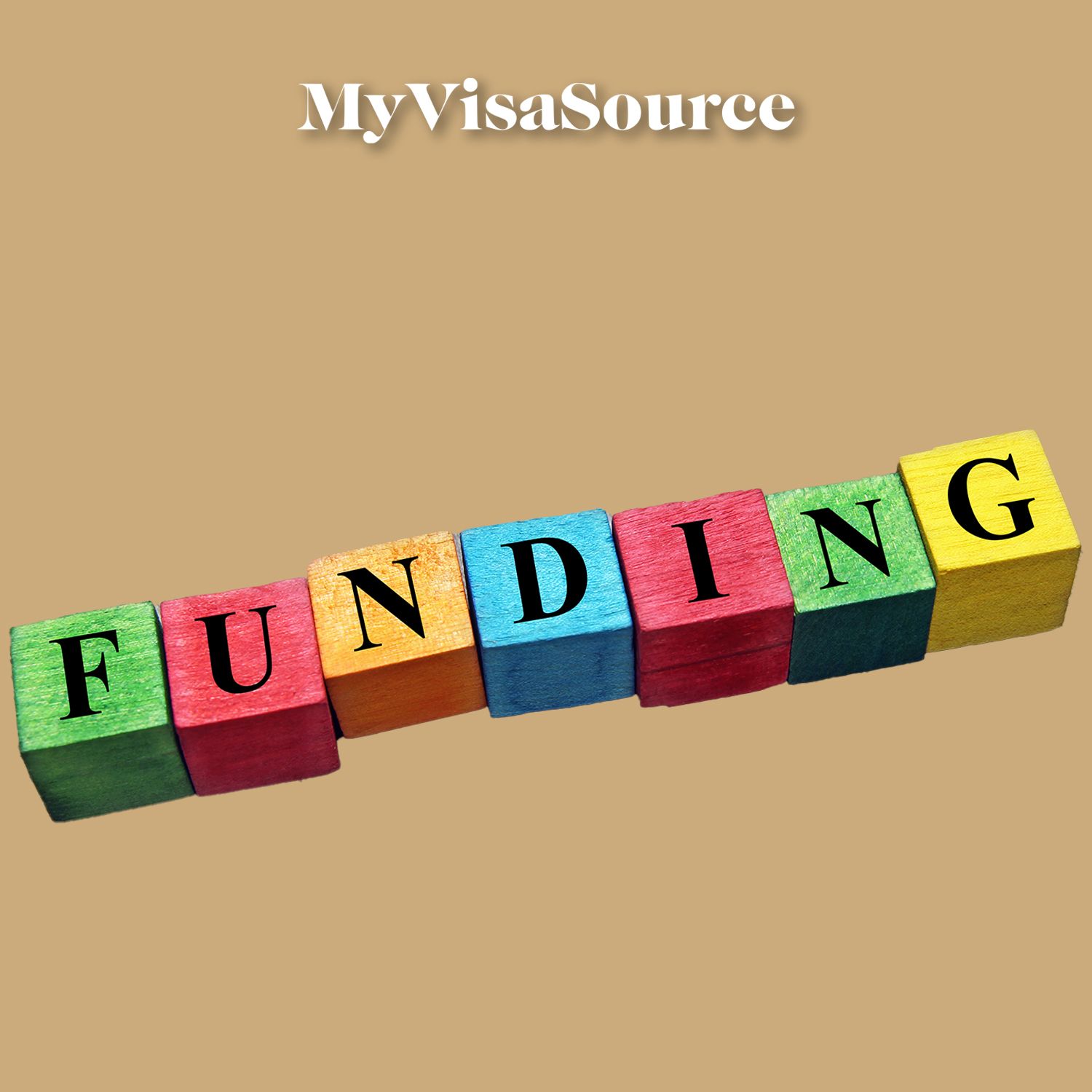Recently, an internal memo accessed through the Access to Information Privacy Request (ATIP) revealed how Immigration, Refugees and Citizenship Canada (IRCC) intends to spend its $1.7 billion settlement budget during the fiscal year 2021-22. This memo also gave information on how the IRCC plans to distribute these funds across the country. This information was earlier released publicly on the IRCC website in 2011. This memo was signed and approved by the Canadian Immigration Minister, Marco Mendicino.
The IRCC is the main funding source for settlement and integration services offered to newcomers in Canada. Every year, the IRCC allocates funding to different approved service provider organizations across Canada and in Quebec to offer settlement services. Settlement services are offered to permanent residents, protected persons, and those who have received approval on their permanent residence application.
What Are Settlement and Integration Services?
Settlement and Integration services include the following:
- Employment assistance services
- Language assistance programs for both English and French language
- Mentorship and other services to promote the settlement and integration of the newcomer
These services are typically provided by IRCC approved non-profit organizations, educational institutions, or private businesses and are generally free of charge. Quebec is allocated a separate grant which allows the provincial government to offer settlement services.
How Are the Settlement Funds Allocated for the Fiscal Year 2021-22?
Canadian Immigration Minister Marco Mendicino approved the following allocation of settlement funds for 2021-22 by Canadian provinces and territories, except Quebec. It must be noted that the following figures also include spending projections obtained from the 2021-22 department plan of the IRCC.
|
Province/Territory |
Funds Allocated |
|
Ontario |
$407.2 million |
|
British Columbia |
$119 million |
|
Saskatchewan |
$41.3 million |
|
Alberta |
$124.1 million |
|
Manitoba |
$46.6 million |
|
Nova Scotia |
$17.2 million |
|
Prince Edward Island |
$6.2 million |
|
New Brunswick |
$14.6 million |
|
Newfoundland and Labrador |
$5.2 million |
|
Yukon |
$1.3 million |
|
Northwest Territories |
$1.1 million |
|
Nunavut |
$608,000 |
|
Sub Total |
$784.4 million |
|
Other Allocations |
$46 million |
|
Dedicated IRCC Initiatives |
$46.2 million |



















